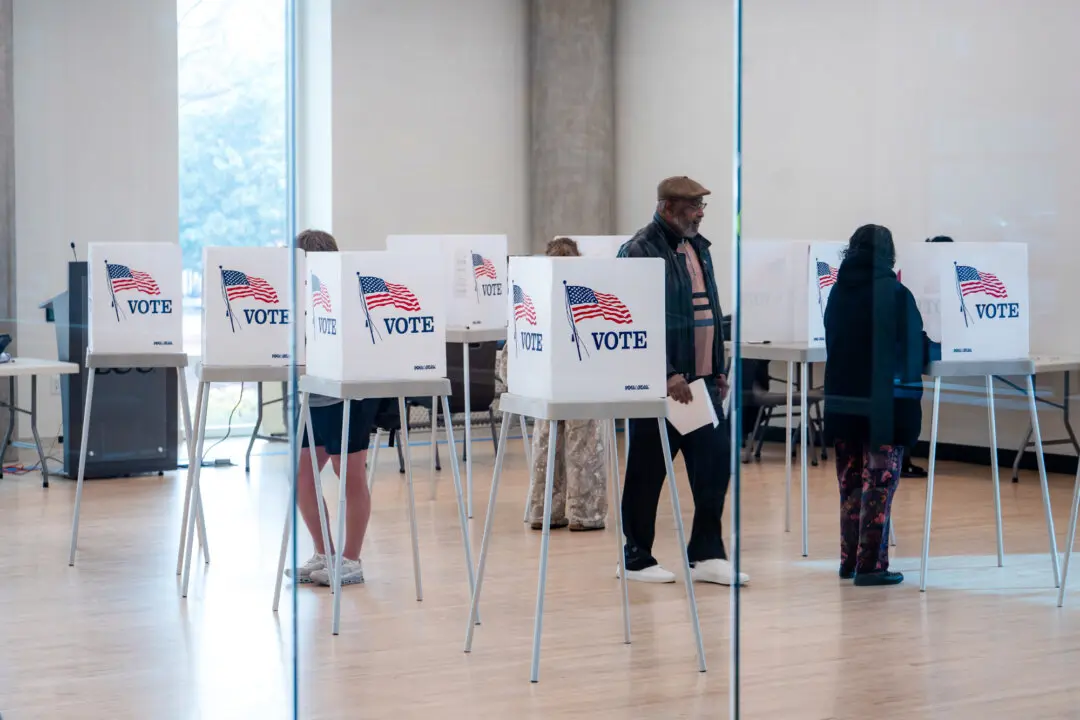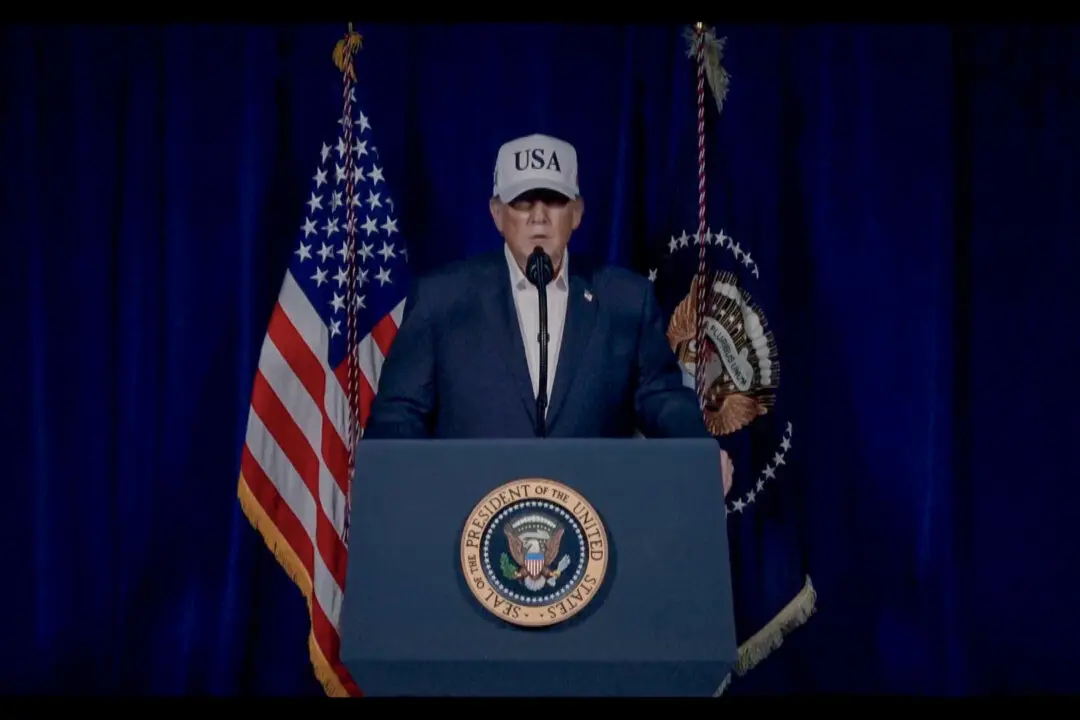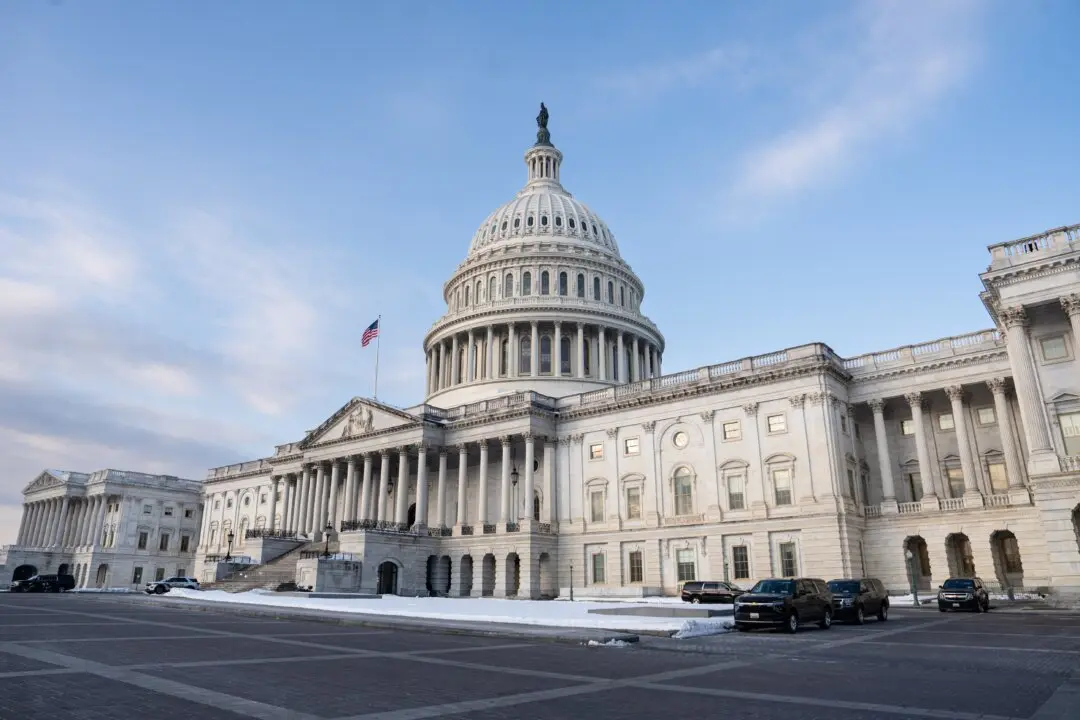The House Jan. 6 committee voted on Monday evening to advance criminal charges against two former aides to President Donald Trump in the commission’s latest bid to bolster its authority amid a raging legal battle over executive privilege.
The Jan. 6 committee was formed in June in a mostly party-line vote, and all but two Republicans—Reps. Adam Kinzinger (R-Ill.) and Liz Cheney (R-Wyo.)—voted against forming the commission. The committee is led almost exclusively by Democrats, with Kinzinger and Cheney the only Republicans sitting on the panel.





